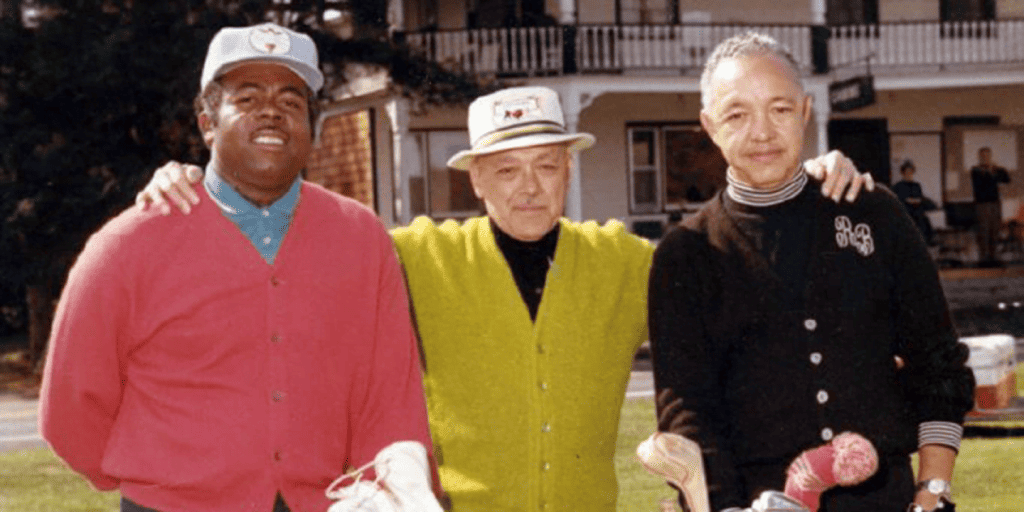On September 1, 1928 Dewey Brown, Sr. became the first known African-American to be elected as member of the PGA (Professional Golfer’s Association of America). However, in 1934 his membership was inexplicably terminated. Most believe it was because they had discovered that Brown was black, which may have been overlooked previously due to his light skin. Coincidentally, 1934 was also the year that the PGA amended their by-laws to include a “Caucasian-only” clause.
The loss of his PGA card did not discourage Dewey Brown from pursuing a career in golf. In 1947, Brown purchased the Cedar River House and Golf Course in Indian Lake, NY. This 9-hole Adirondack course is where he lived and worked until he retired in 1972. It was from Indian Lake that Brown witnessed the world of golf start to change. In 1961, the PGA rescinded their “Caucasian-only” clause and opened the game to black golfers. In 1965, Brown once again was a member of the PGA, but at the age of 66 his touring days were over.
Dewey Brown, Sr., was not the only Brown to leave his mark in the Adirondacks. His first-born son, Roland M. Brown, Sr., was also at the forefront of “firsts” for African-Americans. Roland, who was also an avid golfer and spent many summers at Cedar River with his father, was a Tuskegee Airmen during WWII.
On June 25, 2011, Dr. Roland Brown, (son of Major Brown and grandson of Dewey Brown, Sr.) donated his father’s Congressional Gold Medal to the museum during a well-attended ceremony. The museum’s press release for the dedication ceremony stated, “by donating the medal to the museum, Dr. Brown wants to remind people of the Adirondack region’s diversity, and the sacrifices made for freedom.”

Learn more about Roland M. Brown, Sr in TUSKEGEE AIRMEN PROFILES!


